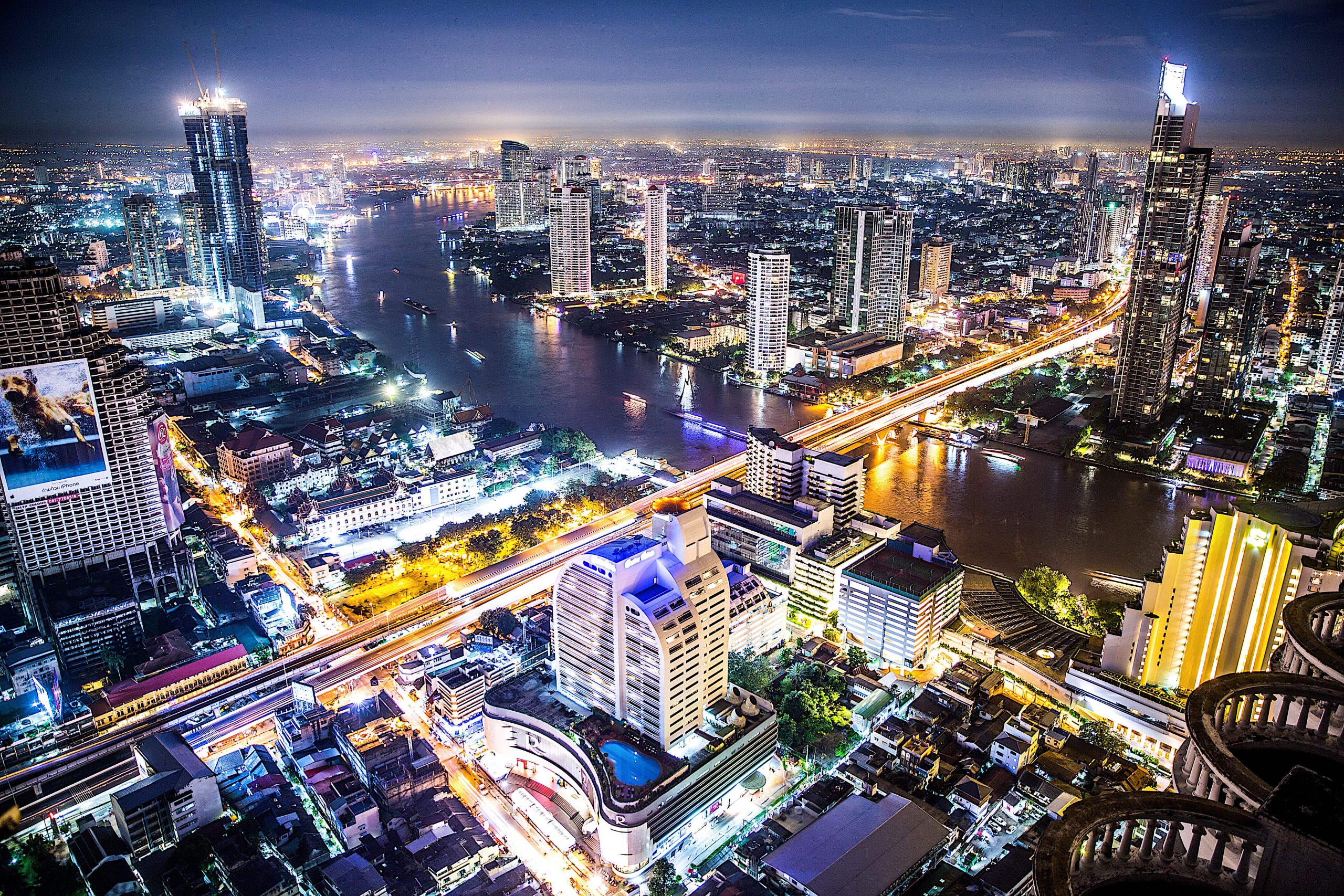The allure of Thailand as a home is exponentially growing among expatriates and offshore employees, drawing from information released by the Employment Department and Colliers Thailand. The data uncovered that at the start of this year, Thailand played host to 156,596 expats, with more than half living within the bustling city of Bangkok. Last year’s stats showed that the majority of these were of Japanese, Chinese, and Indian nationalities; however, there has been a recent surge of interest in purchasing property, particularly condominium units, among the Chinese populace.
In light of this burgeoning trend, the Tourism Authority of Thailand (TAT) has set its sights on rolling out benefits specifically designed for this demographic in the coming year. As the trajectory of tourism is gradually moving towards longer-term stays in the post-pandemic world, stakeholders are actively remedying ways to engage this audience. TAT governor, Thapanee Kiatphaibool, has unveiled plans to provide expats with benefits, some of which have been repeatedly requested over the years. These include discounts on fees for entrance into national parks and attractions around the country.
The promotional campaigns TAT plans to run are focused on showcasing various workstation sites across Thailand, underlining the unique aspects of the working environment. Notably, three resort islands located in Surat Thani, Koh Samui, Koh Phangan, and Koh Tao, have proven to be hotspots for digital nomads. The Tourism Association of Koh Samui’s president, Ratchaporn Poolsawadee, conveyed that these islands house an estimated 10,000 to 15,000 digital migrants. An important factor that appeals to this group is the myriad of accommodation options available at varying price points spread across nature-blessed landscapes and rich local cultures.
Despite its popularity, Koh Samui has been grappling with issues related to visa overstay, propelling the implementation of enhanced security measures. Furthermore, the employment landscape has seen a significant shift since the pandemic hit with most managerial positions being filled by Thai nationals as opposed to Japanese executives being relocated, aiming to downsize due to sluggish economic growth and a weakened yen.
A surge in Chinese expatriates has been triggered by an influx of investment by Chinese firms in Thailand, notably within the electric vehicle production and tech industry. These firms hold leading stakes in the industrial estates nestled within the Rayong province, a vital part of the Eastern Economic Corridor (EEC). The EEC, widely favored by Asian companies, has experienced a rapid escalation in foreign investment and the influx of expats post-pandemic. A resultant effect of this is a revitalized house leasing market, with approximately 70% of non-nationals working in industrial estates occupying properties owned by Origin Nationwide in Rayong and Si Racha, according to reports from the Bangkok Post.
However, Chiang Mai, a top choice for retirees overseas, has seen a slight dip in its reputation due to annual issues with smog. Despite this hurdle, many retirees, such as Sumitoshi Nishida, have lived in Chiang Mai for over a decade due to the affordable cost of living, agreeable climate, hospitable local culture and cuisine, top-tier healthcare facilities, and golf courses. There are nevertheless areas that necessitate focusing on, most notably relating to the quality of infrastructure such as roads, pedestrian crossings, sidewalks, and traffic conditions. Enhancements in these sectors would greatly contribute to Chiang Mai’s overall liveability score.


















Be First to Comment